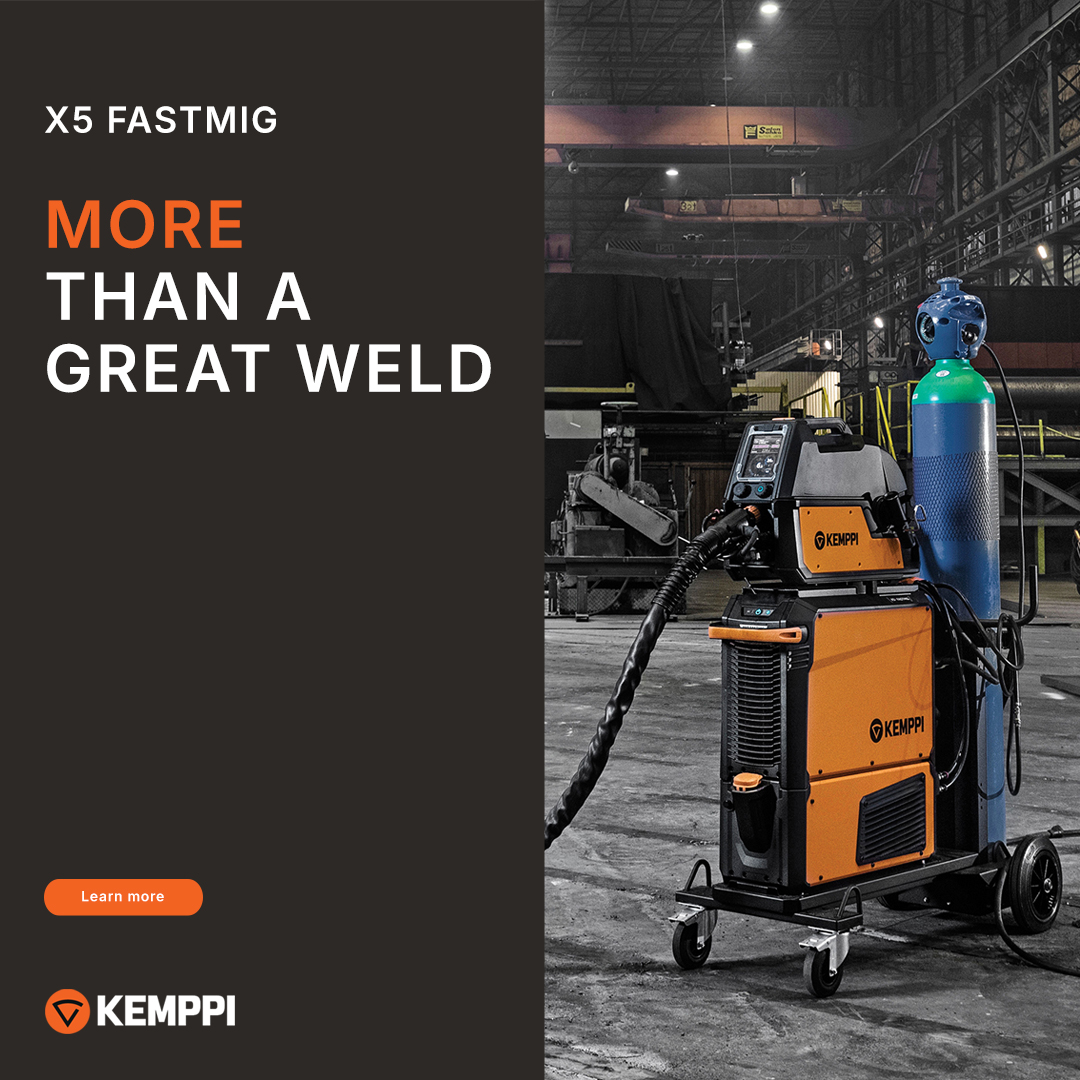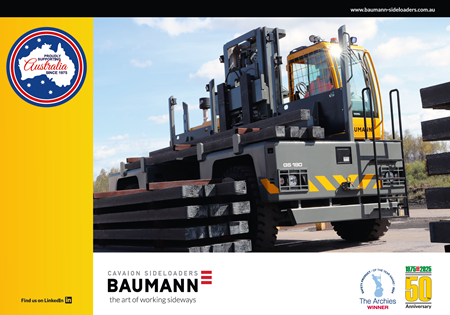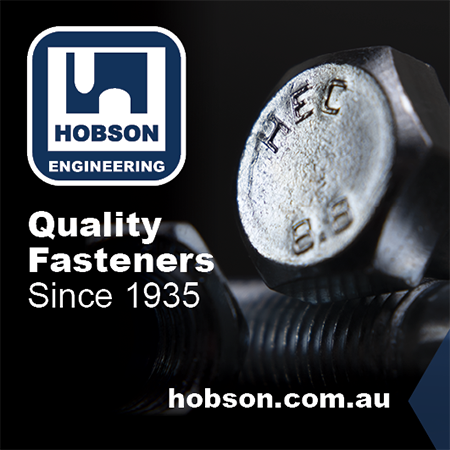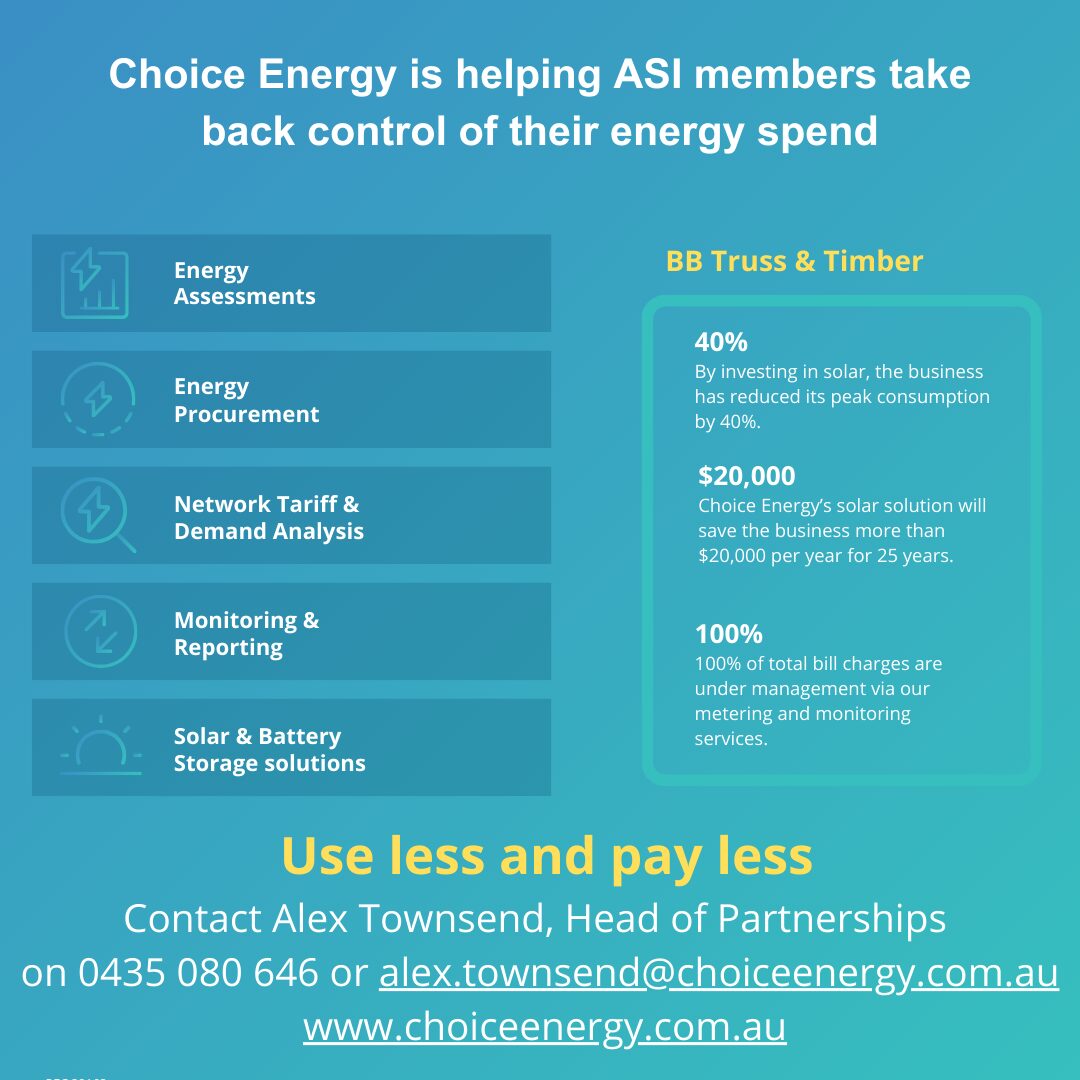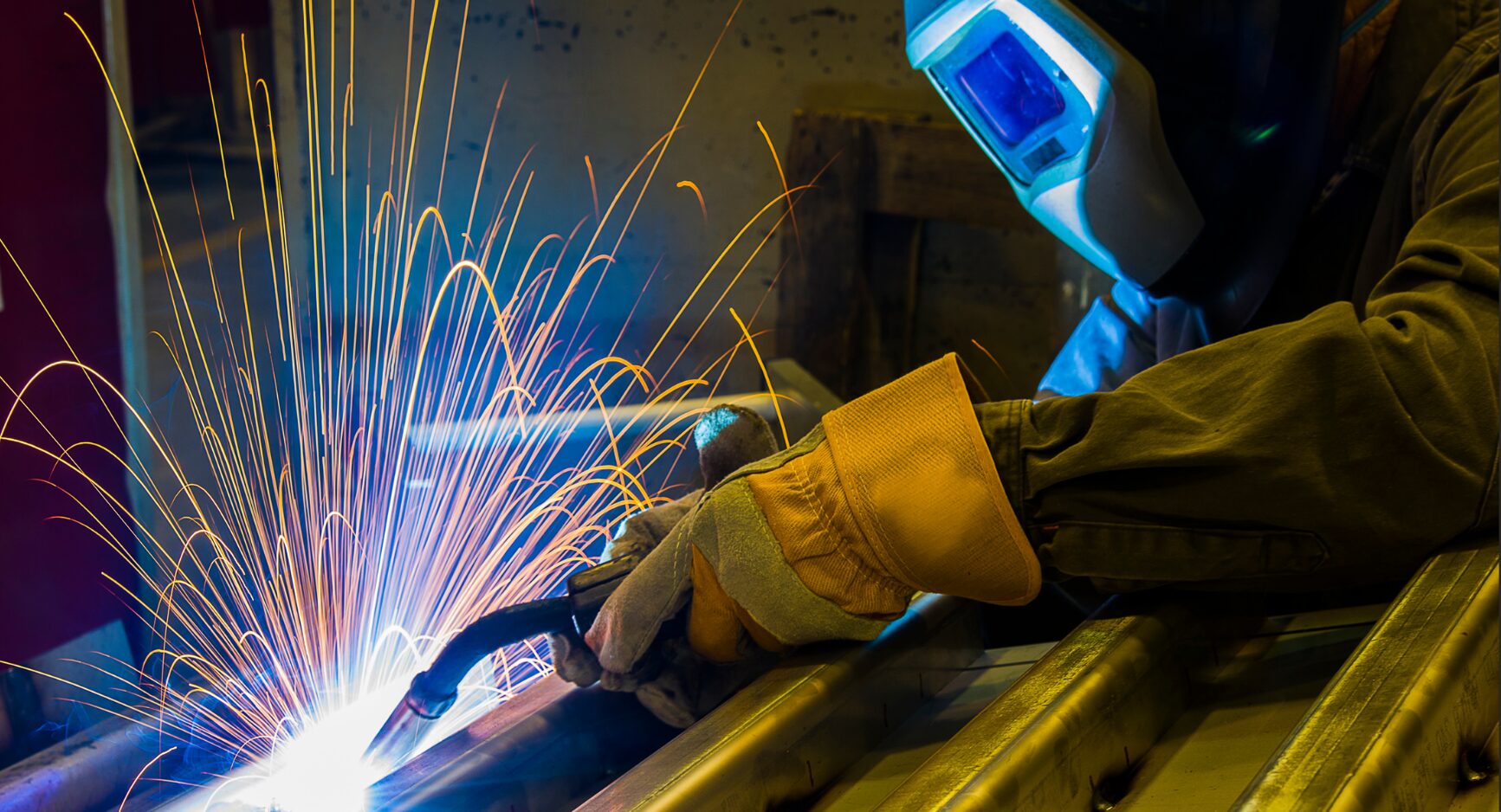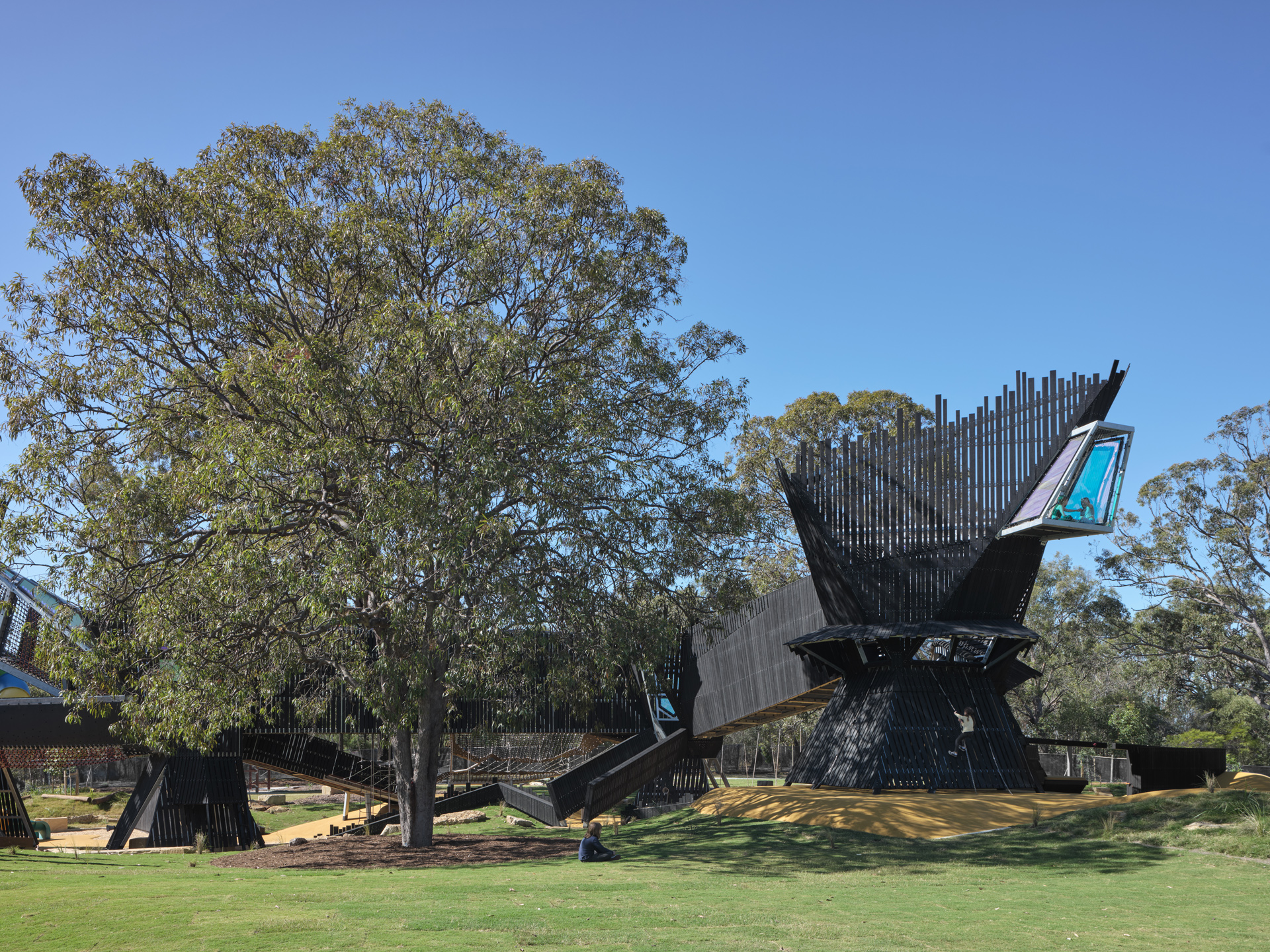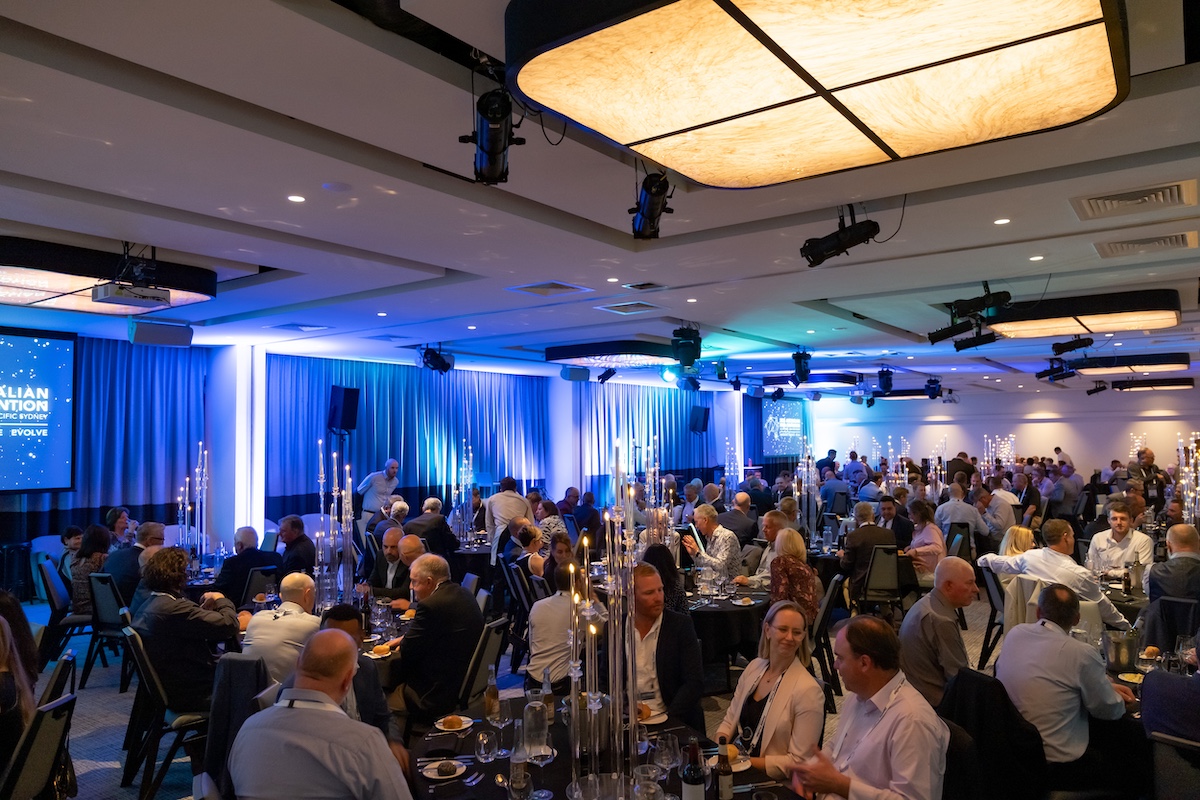Imported fabricated steel
2024-2025 saw a major surge in imported fabricated steelwork into Australia. ASI campaigned to minimise the damaging impact on local fabricators by:
- Exploring trade measures in consultation with the then Federal Minister for Industry and Science Ed Husic, the Anti-Dumping Commissioner, and the Department of Industry, Science and Resources.
- Surveying the local industry to accurately identify those negatively impacted by the surge, essential if trade measures are to proceed. The 2024 survey found a 50% drop in local fabricator business directly linked to very low-priced imports.
- Interrogating ABS statistics and other references to gather background data on the capacity, employment numbers, and economic contribution of the Australian steel fabrication sector to the economy, which is also essential to support trade action.
- Running a media campaign to highlight the damaging impact on local fabricators of the flood of cheap imports.
Local content
A major ASI priority in 2024-2025 was championing local content in state and federal government contracts. The work included:
- Consultation with ministers responsible for government procurement to enforce and further tighten regulations specifying local content in
government contracts. - Providing input to government as a member of a select Federal Government panel helping develop policy on local steel content in government renewable energy projects.
- Providing AEMO Services with a detailed list of ASI members with the capability to supply products and components to NSW Renewable Energy Zone tenders.
- Monitoring government infrastructure projects to ensure contractors are complying with their local content obligations. ASI successfully took its concerns to government and contractors when breaches were identified.
Scrap recycling
On 20 September 2024, ASI participated in a Senate Inquiry hearing on an ASI proposal to ban the export of unprocessed steel scrap. The ASI submission focused on:
- The damaging environmental impacts of exporting unprocessed steel scrap to other jurisdictions.
- The very high domestic need for steel scrap.
- The reduced CO2 emissions that result from use of steel scrap in Australian electric arc and blast furnace steel production.
The Inquiry will release its findings late 2025. A number of countries have passed legislation restricting the export of steel scrap; an approach ASI is seeking for Australia.
Traceability
2024-2025 saw a pre-feasibility plan drawn up for the development of a ‘cradle-to-the grave’ traceability scheme for locally made steel. Backed by the ASI Board, the plan will explore a range of tools for checking and auditing the quality, sustainability and risk-minimised outcomes of steel production through its life cycle.



